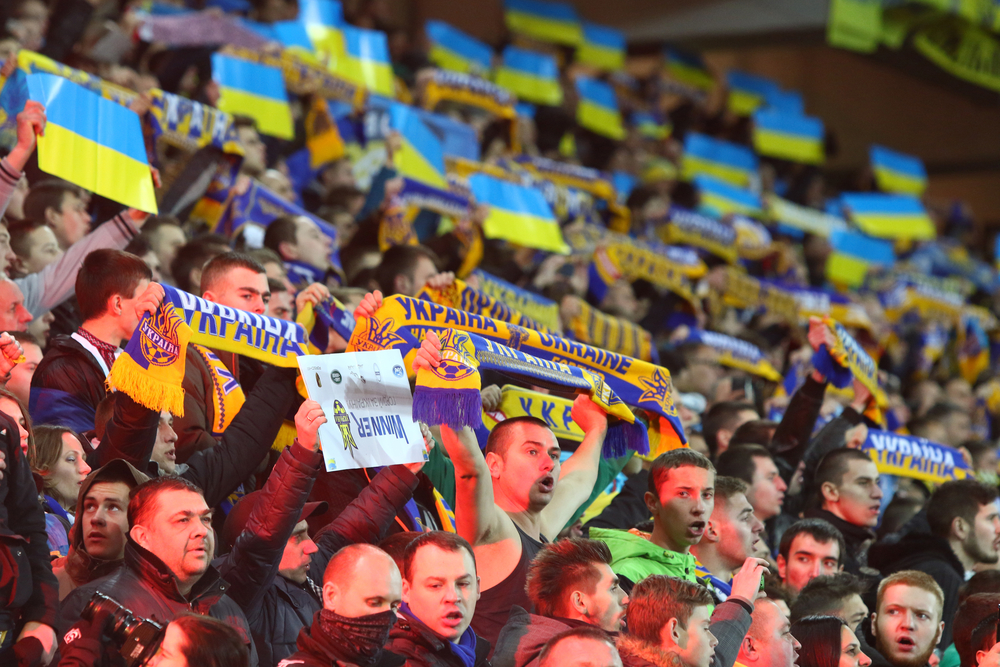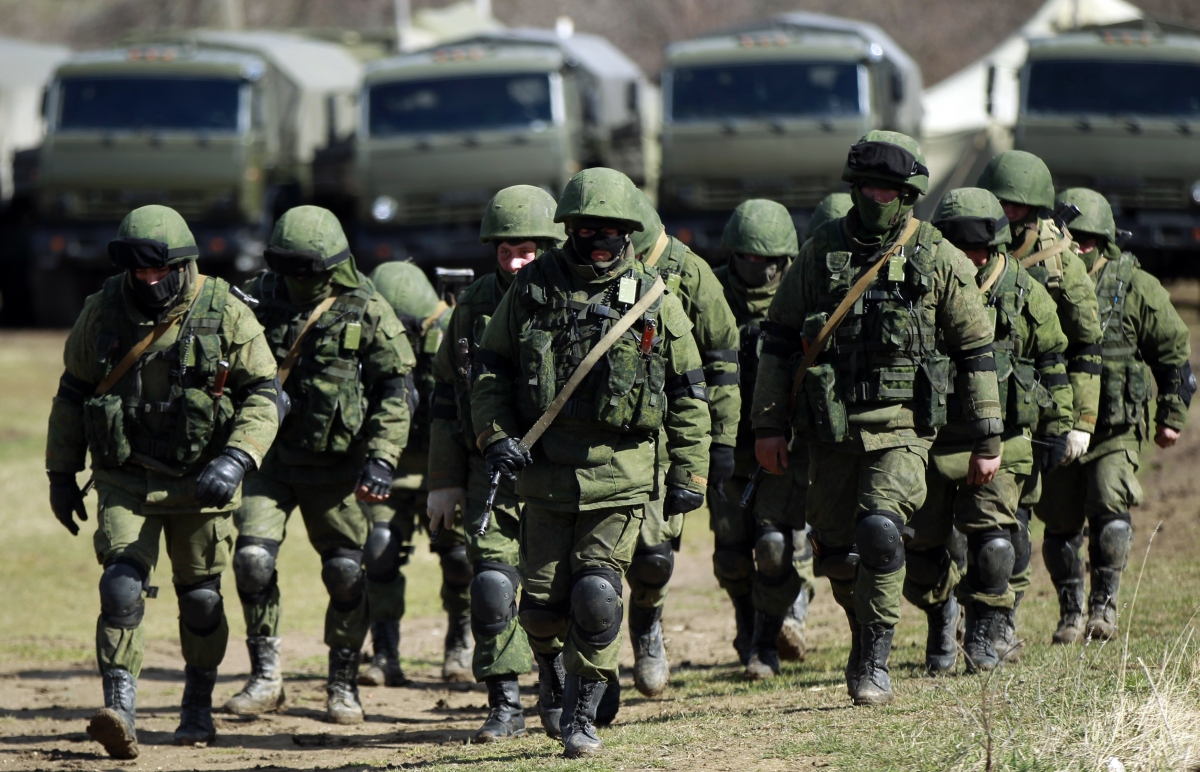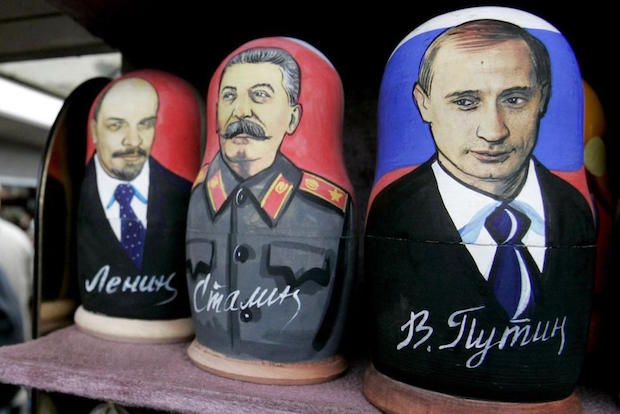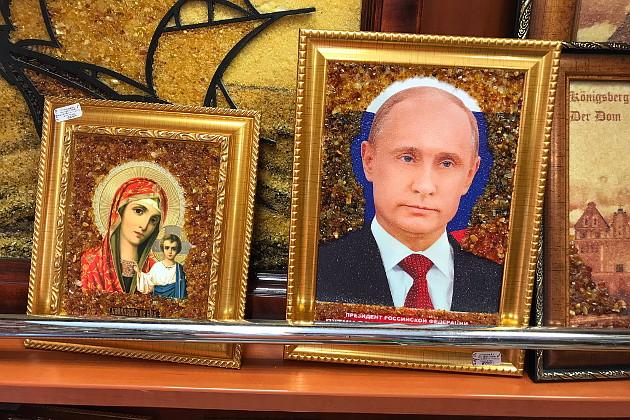On 26 September, the Union of European Football Associations (UEFA) announced that it would readmit children’s teams from Russia into its competitions. The announcement came 21 months after the Russian invasion of Ukraine in February 2022, when FIFA and UEFA stated that Russia would be suspended from all international competitions.
In UEFA’s 26 September announcement, the organization stated that it “was the first sports body to react to the war in Ukraine,” where it “took decisive action in February 2022 – suspending all Russian teams from its competitions.” European football’s governing body, however, then stated it was “also aware that children should not be punished for actions whose responsibility lies exclusively with adults.”
FIFA then made a similar statement. In its announcement on 4 October, the governing body of international football announced that it would partially lift “its ban on Russian teams competing in international play, allowing under-17 boys and girls teams to compete without openly representing their country.”
UEFA’s statement was quickly condemned. In its own announcement, the Ukrainian Association of Football said it would boycott all UEFA competitions that included Russia. Numerous European football organizations said they also opposed UEFA’s decisions. In a matter of days, football governing bodies from Ukraine, England, Poland, Romania, Estonia, Latvia, Lithuania, Finland, Sweden, Norway, Iceland, Denmark, and Ireland stated they would not compete in UEFA competitions where the Russian teams would participate. In other words, one-fourth of UEFA’s member nations said they would boycott future competitions that included Russia.
After receiving this backlash, European football’s governing body decided to backtrack on its decision. On 10 October, UEFA announced that “Russia will not be allowed to take part in qualifying for the Under-17 European Championship.” The boycott had worked.
“Russian football remains isolated, where it belongs,” the Ukrainian Association of Football stated after UEFA’s reversal. The Ukrainians also said that the policy change showed that UEFA was willing to listen to the dissatisfied member nations, and that their voices had been heard by the organization.
The events that unfolded within European football have shown a variety of lessons. First, it showed that numerous countries are still united beyond Ukraine in its fight for survival. Multiple members stated that Russia was still launching its illegal and unnecessary invasion of Ukraine, and that allowing Russian U-17 teams to participate in UEFA competitions would suggest that Russia is being rewarded for its behavior.
Second, some UEFA members were willing to gamble their revenue, opting to pursue a moral ground instead. National teams participating in UEFA competitions, ranging from qualification to the finals, generate millions of euros in revenue. The countries boycotting UEFA’s Russian reversal were willing to risk this financial compensation, choosing a moral group instead. Their gamble worked, and eventually, UEFA sided with the protestors.
Third, the success of the boycott showed that it is important to take a stand when an organization is making a wrong decision. Following UEFA’s announcement, one-fourth of its members stated they would not participate in UEFA competitions as long as Russia was allowed to participate. UEFA then revoked its decision. Should these European countries continue to make a stand, it is likely that FIFA will revert its decision as well. This suggests that these international organizations are willing to listen to their members, and that they value the opinions of their member states. In other words, opinions and voices matter.
Overall, the decision to uphold the suspension of Russian teams competing in UEFA competitions is welcomed. Russia should not be invited back into the European Football Organization until the invasion ends, Ukraine’s 1991 borders are restored, and Ukraine is rebuilt. Inviting Russia to participate in UEFA competitions prior to Ukraine’s restoration will only normalize Russia’s war, and it will present the globe with a false pretense that autocrats may do as they please when invading and killing their neighbors.
Related:
- UEFA revokes decision allowing Russian youth teams to play in international tournaments
- Five European countries boycott UEFA football tournament over Russian participation
- As Russia butchers Ukrainians, UEFA rolls out the red carpet
- The controversy surrounding Ukraine’s Euro 2020 football kit
- Following Russian intervention, UEFA bans “Glory to the heroes,” Ukraine’s rallying cry for independence, as “political”
- Ukrainian soccer fans accuse UEFA of supporting Russian aggression






